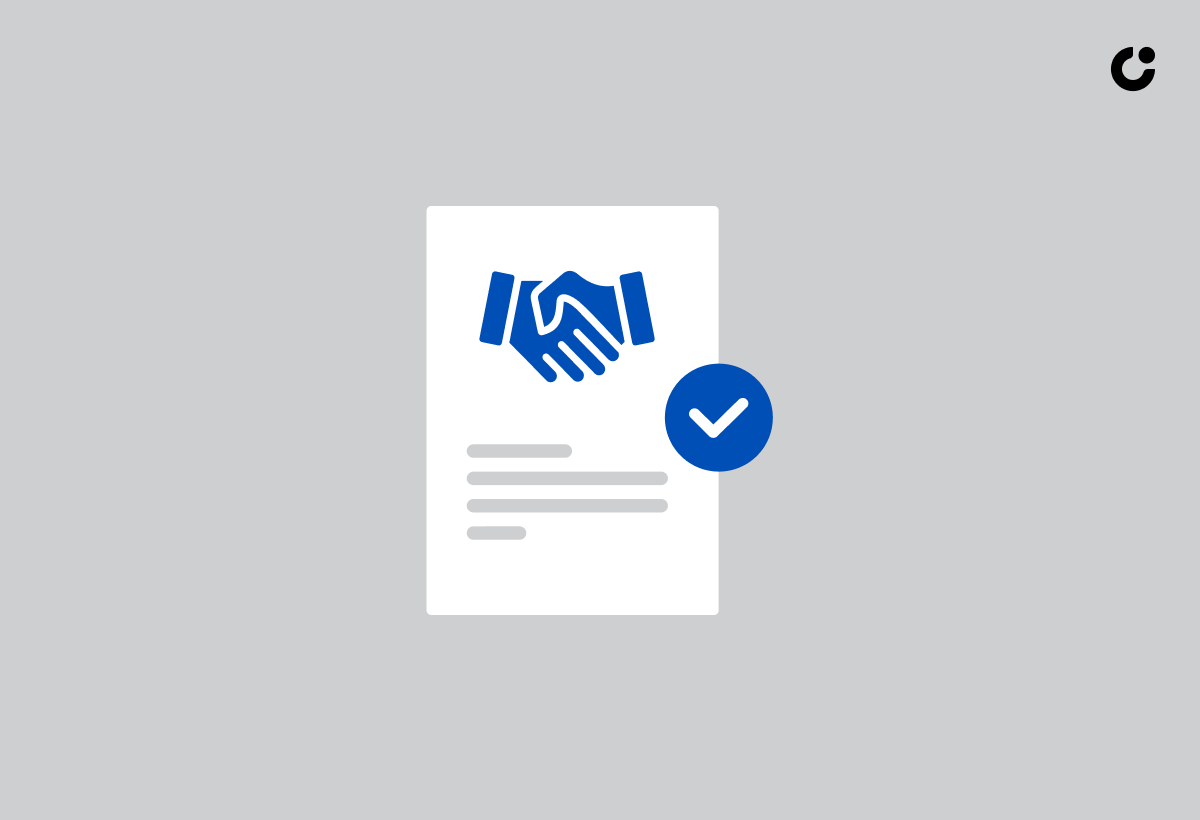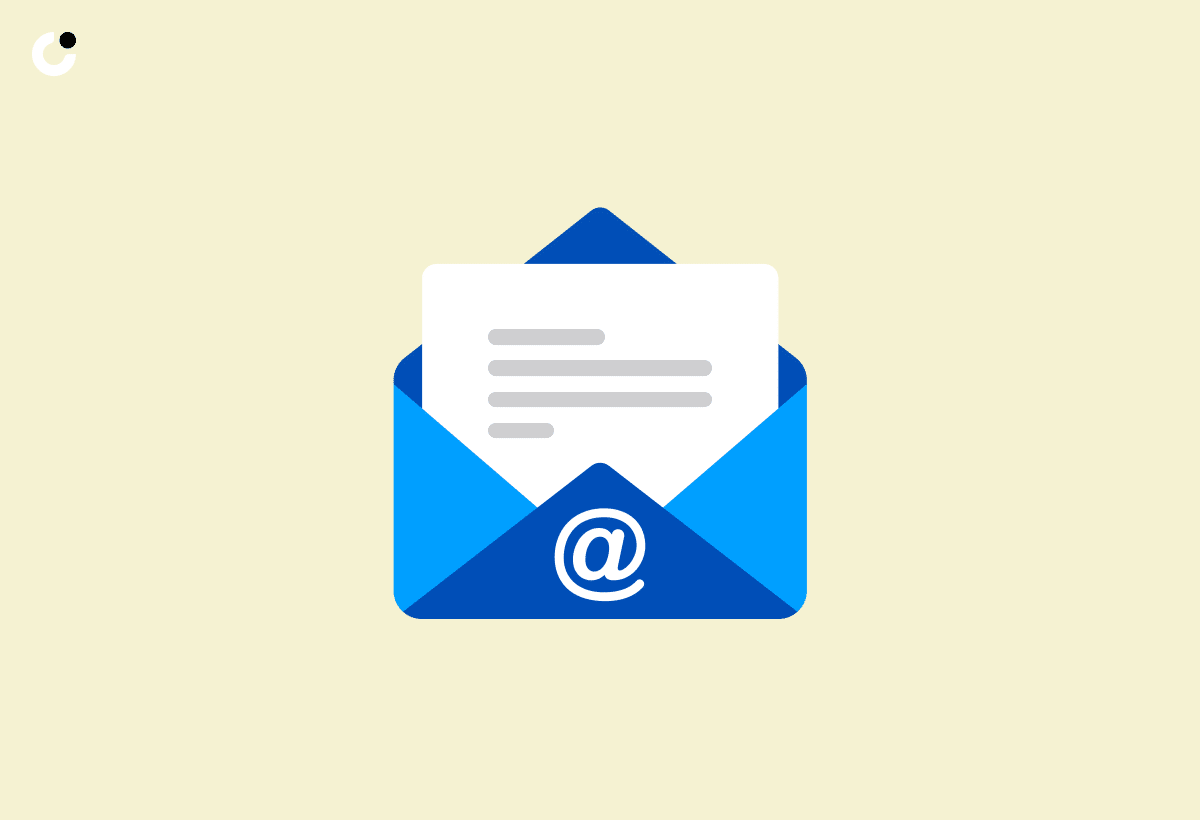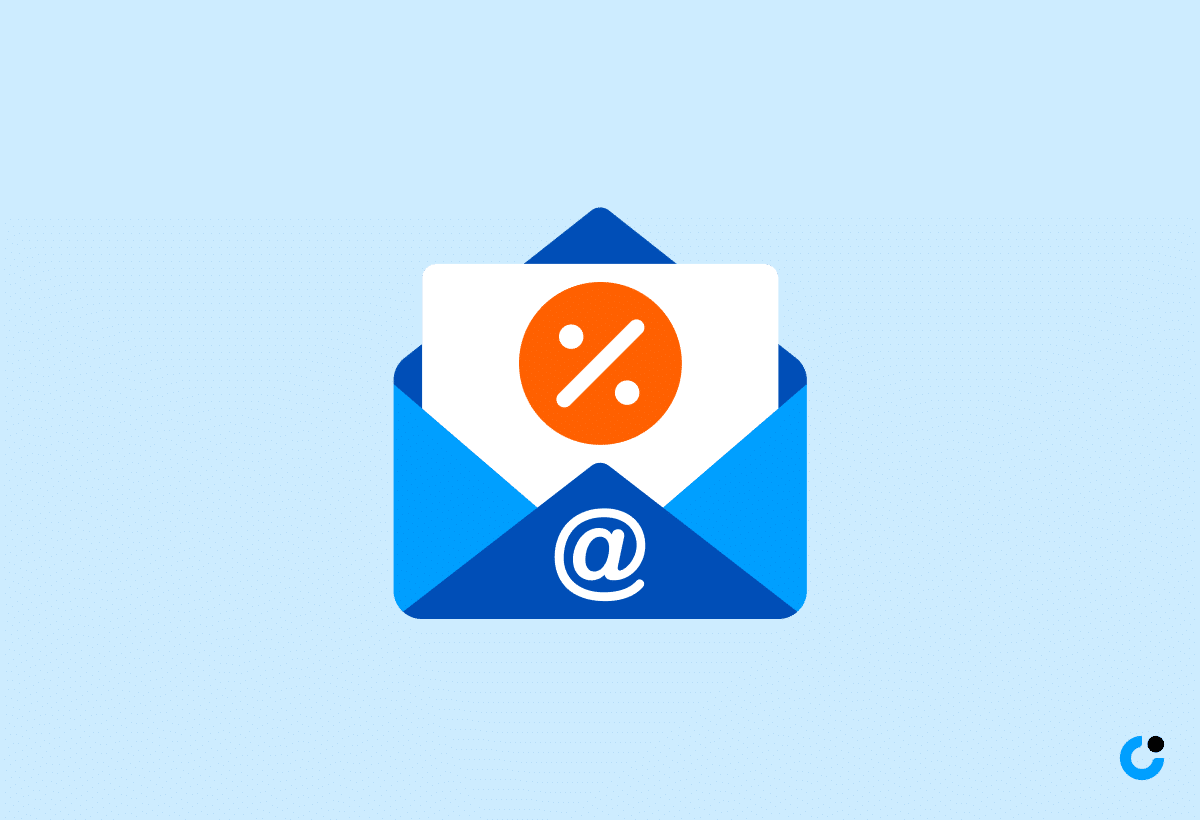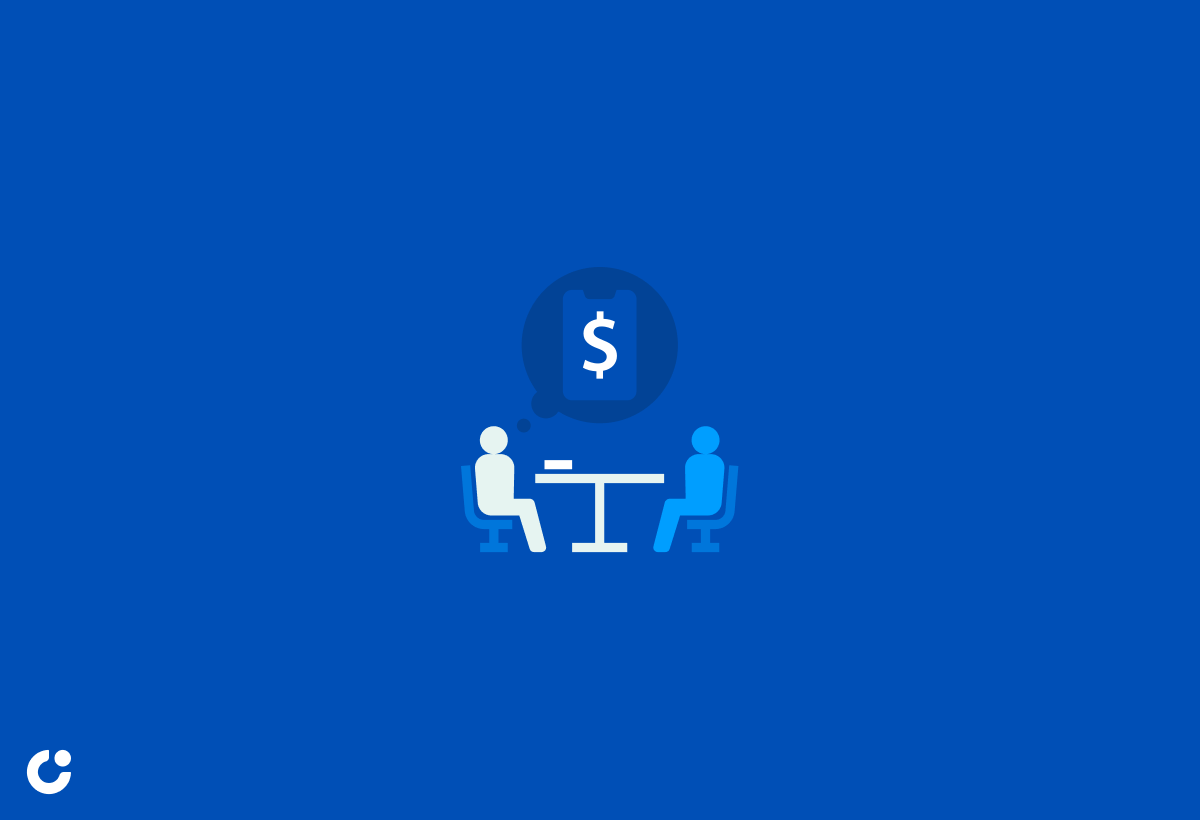Crafting a negotiation email can be a daunting task, but it is a crucial skill to master in order to achieve optimal results. In this article, we will explore the art of effective inquiry and how to avoid common errors that can hinder your negotiation process.
From setting the right tone to clearly stating your objectives, we will provide valuable tips and strategies to help you craft a successful negotiation email. Join us as we dive into the world of negotiation and learn how to communicate effectively to achieve your desired outcomes.
Key Takeaways:
1. Begin with a clear objective: Define your purpose and desired outcome before crafting a negotiation email to effectively guide your inquiry and achieve optimal results.
2. Use a professional and respectful tone: Avoid aggressive or confrontational language in your email. Maintaining a polite and respectful tone can help foster positive communication and increase the likelihood of a successful negotiation.
3. Be specific and concise: Clearly articulate your points and avoid using vague or ambiguous language. Being concise can help capture the attention of the recipient and make it easier for them to understand and respond to your inquiry.
Salary Negotiation Email Template

When negotiating your salary with a potential employer, using a well-crafted email template can help you articulate your value and make a good impression.
Salary negotiation emails serve as a crucial tool in the job offer process, enabling you to present your case clearly and professionally. Crafting a compelling subject line can grab the recipient's attention, while structuring your email with a clear introduction, body, and closing can enhance readability.
Templates provide a framework for addressing compensation discussions confidently, covering aspects like your desired salary range, relevant experience, and commitment to the role. Ensure your content is concise yet impactful, showcasing your enthusiasm for the position and understanding of the industry norms.
Subject Line for Salary Negotiation Email

Crafting an engaging subject line for your salary negotiation email is crucial to capture the employer's attention and initiate a productive conversation.
Subject lines play a pivotal role in determining whether your email gets opened or lands in the abyss of the inbox. By creating subject lines that are concise, clear, and professional, you increase the chances of your email standing out among the numerous messages recruiters receive daily.
Effective subject lines should highlight your key message, such as 'Discussing Compensation for [Job Title],' 'Regarding Salary Negotiation for [Your Name],' or 'Opportunity to Discuss Compensation Package for [Position].' These subject lines convey a sense of professionalism and urgency, encouraging prompt responses from employers.
Email Body Structure and Content

Structuring your salary negotiation email body effectively is essential to convey your points clearly, reach a mutual agreement, and secure favorable compensation terms.
When crafting your email, starting with a polite and professional greeting sets a positive tone. Following this, concisely articulate the value you bring to the organization, emphasizing your skills and achievements to showcase why you deserve the desired salary.
Next, propose the terms you are seeking in a clear and compelling manner. Provide specific details such as the desired salary range, additional benefits, or any flexibility you may have. It's crucial to emphasize your qualifications and how they align with the value you bring.
In the concluding part of your email, reiterate your interest in the role and organization, while also expressing openness to further discussion. Maintain a professional and respectful tone throughout, focusing on collaboration and mutual benefit to create a positive impression.
Crafting a Counteroffer Email

When responding to a job offer, crafting a counteroffer email that aligns with your market value and emphasizes the benefits you bring to the company is crucial for a successful negotiation.
Understanding your worth in the industry is a foundational step in gauging your negotiation position.
Research industry standards, job market trends, and the specific company's financial health to bolster your argument.
Present a detailed breakdown of your skills, experiences, and accomplishments that directly correlate with the role's requirements.
Highlight how your contributions will add value, solve problems, or enhance productivity for the organization.
It's essential to strike a balance between assertiveness and professionalism, ensuring your tone remains respectful and collaborative.
Frequently Asked Questions
What is the key to crafting a successful negotiation email?
The key to crafting a successful negotiation email is mastering the art of effective inquiry. This involves asking the right questions and using language that promotes a positive response from the recipient.
How can effective inquiry help in a negotiation process?
Effective inquiry allows you to gather important information, understand the other party's needs and interests, and build a stronger case for your own position. It also helps to establish rapport and maintain a collaborative tone throughout the negotiation.
What are some strategies for crafting an effective inquiry in a negotiation email?
Some strategies for crafting an effective inquiry in a negotiation email include using open-ended questions, being specific and concise in your language, and avoiding accusatory or confrontational language. It is also important to show genuine interest and curiosity in the other party's perspective.
How can I ensure my negotiation email is professional and respectful?
To ensure your negotiation email is professional and respectful, make sure to proofread for any potential grammar or spelling errors, avoid using overly emotional or aggressive language, and maintain a professional tone throughout the email. It is also important to consider the other party's perspective and avoid making assumptions or judgments.
Are there any common mistakes to avoid when crafting a negotiation email?
Yes, some common mistakes to avoid when crafting a negotiation email are using language that is too pushy or aggressive, failing to address the other party's needs and interests, and making assumptions without gathering enough information. It is also important to avoid using clichés or empty phrases that may come across as insincere.
How can I use reference data to improve my negotiation email?
Using reference data can help you gather valuable information about the other party's background, interests, and preferences. This information can then be used to tailor your negotiation email and increase the chances of a successful outcome. It also shows that you have taken the time to research and understand the other party, which can help build trust and rapport.

